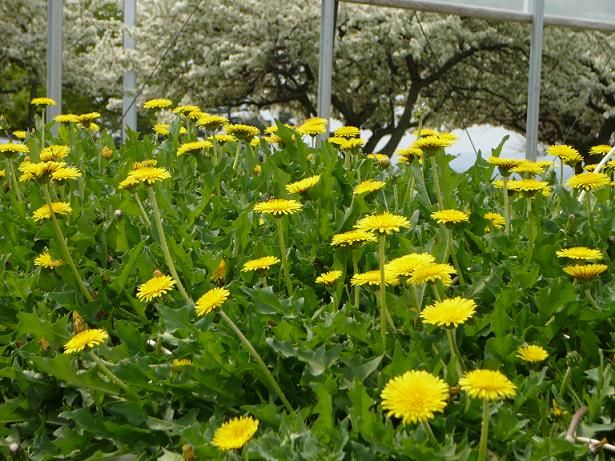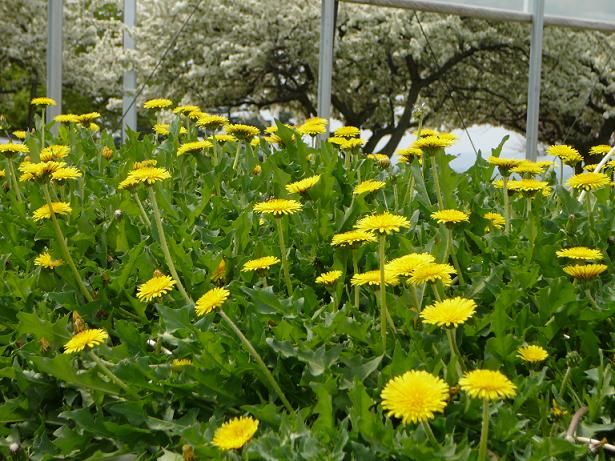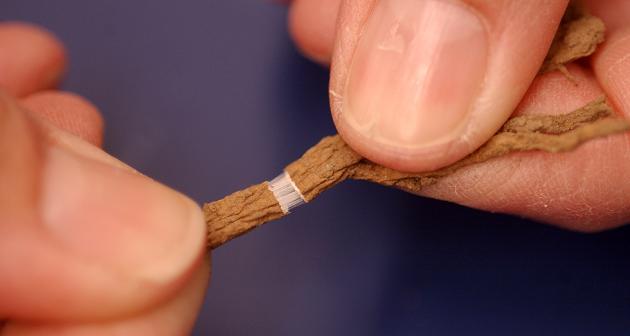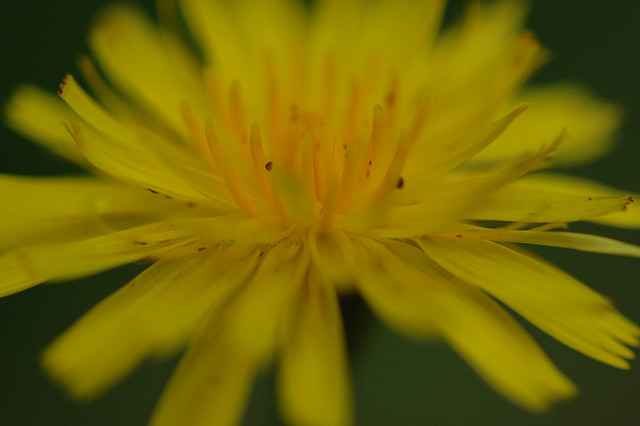Russian Dandelion shows potential as a sustainable source of natural rubber
Research conducted by Bridgestone Americas indicates that the Russian Dandelion could in future become a commercially viable, renewable source of high-quality, tyre-grade rubber.


Research conducted by Bridgestone Americas indicates that the Russian Dandelion could in future become a commercially viable, renewable source of high-quality, tyre-grade rubber.
Bridgestone Americas, a subsidiary of Bridgestone Corporation, is one of several collaborators taking part in the Russian Dandelion project being led by the Program for Excellence in Natural Rubber Alternatives (PENRA).

“We’re excited about this potentially game-changing discovery with the Russian Dandelion.”
Bridgestone’s role in the project will be to test the performance of the rubber produced by using natural rubber extracted from Russian Dandelion. Additional testing on Russian Dandelion-harvested natural rubber will take place at Bridgestone’s technical labs in Akron, Ohio and Tokyo, Japan this summer. Larger scale testing will be conducted in 2014, said Bridgestone.
 Last month, Bridgestone made an announcement that it had outlined a project to research and develop Guayule, a shrub native to the US south west and northern Mexico, as an alternative to natural rubber harvested from rubber trees. For this particular project, Bridgestone will construct a pilot farm and rubber process research centre in the south west of the United States for the project.
Last month, Bridgestone made an announcement that it had outlined a project to research and develop Guayule, a shrub native to the US south west and northern Mexico, as an alternative to natural rubber harvested from rubber trees. For this particular project, Bridgestone will construct a pilot farm and rubber process research centre in the south west of the United States for the project.
Russian Dandelion and Guayule have almost identical qualities compared to natural rubber harvested from the Hevea tree - the primary source for the natural rubber used in tyres.
Bridgestone said that it will provide funding and strategic input for both projects, with Bridgestone Americas responsible for their execution.
Image 01 & 02: Bridgestone Corporation
Image 03: cygnus 921 | Flickr
